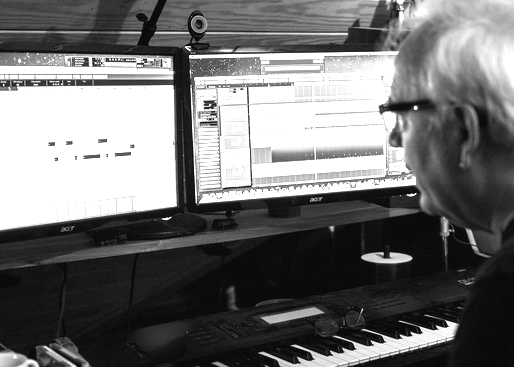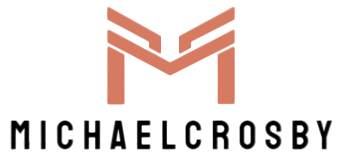In the evolving landscape of contemporary music, the dual talent of singing and producing has emerged as a potent force, reshaping the industry and redefining the role of artists. This dual skill set reflects a broader trend towards creative autonomy, where artists are no longer confined to traditional roles but are instead engaging deeply with every aspect of their music’s creation and presentation. The synergy of singing and producing represents not just an amalgamation of talents but a strategic advantage in an industry characterized by its relentless pace and ever-changing trends. The integration of vocal performance and production allows artists to craft a more cohesive and personalized sound. Singers who also produce their music are not merely interpreting a song written by someone else; they are shaping the very essence of their work from its inception. This holistic approach facilitates a deeper connection between the artist and their music, enabling them to experiment with innovative sounds and styles that reflect their unique vision.

By taking charge of both the vocal and production elements, artists can ensure that their music maintains a high level of authenticity and originality, setting them apart in a crowded market. Moreover, the dual talent of singing and producing enhances an artist’s ability to engage with their audience on multiple levels. In an era where fans seek deeper connections with their favorite artists, the ability to offer insights into both the creation and performance of music creates a richer experience. Artists who produce their own tracks often share their creative process through behind-the-scenes content, giving fans a more intimate look at how their favorite songs come to life. This transparency not only fosters a stronger bond with the audience but also positions the artist as a versatile and innovative figure in the music industry. The practical benefits of mastering both singing and producing are also significant. For many artists, the financial and creative freedom afforded by producing their own music is invaluable.
This autonomy can be especially empowering for emerging artists who may lack access to traditional industry resources but have a vision they want to bring to fruition and click this site amandaghost.com. By developing skills in both areas, artists can navigate the complexities of the music industry with greater agility and resilience. However, the dual talent of singing and producing is not without its challenges. The demands of managing both roles require a significant investment of time and energy, and the pressure to excel in both can be intense. Nevertheless, those who master this duality often find that the rewards far outweigh the difficulties. The ability to control every facet of their music not only enhances their creative expression but also positions them as innovators in an industry that is continually evolving. In summary, the convergence of singing and producing represents a transformative shift in the music industry. It empowers artists to take ownership of their creative output, fosters deeper connections with audiences, and offers practical advantages in navigating the music business. As more artists embrace this dual talent, the future of music promises to be increasingly dynamic, diverse, and artist-driven.

